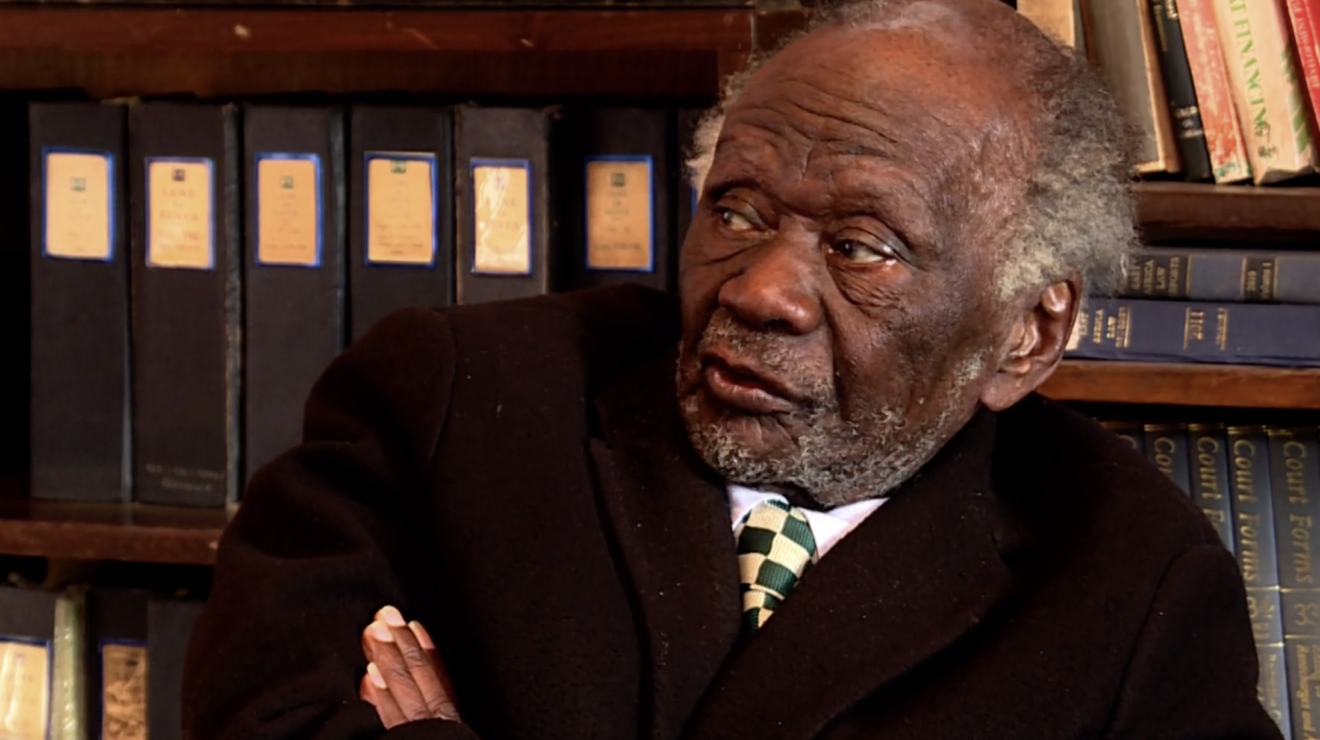Ezrah Kashumbusha.
NAIROBI, March 14, 2024 | Renowned Kenyan lawyer, John Khaminwa, has taken legal action against Kenya’s Attorney General Justin Muturi, citing concerns of executive intimidation directed towards the judiciary. In a case filed before the High Court, Khaminwa accuses Kenyan President William Ruto and his Deputy Rigathi Gachagua of undermining the integrity of the judiciary by alleging corruption within its ranks.
Khaminwa’s lawsuit comes in response to remarks made by President Ruto and Deputy Gachagua, which he believes have cast doubt on the judiciary’s ability to impartially resolve disputes. The lawyer argues that such comments have eroded public confidence in the judiciary and tarnished its reputation among citizens.
Highlighting the lack of evidence to support these allegations, Khaminwa contends that they were made with malice, particularly in response to judicial rulings unfavorable to the government. To support his case, the senior lawyer has attached newspaper excerpts demonstrating what he perceives as an onslaught against the judiciary.
Moreover, Khaminwa points out that despite Chief Justice Martha Koome’s challenge to the presidency to substantiate its claims by filing petitions for the removal of judges, no such petitions have been lodged to date. He urges the court to investigate why the Attorney General has not advised the president and his deputy against attacking the judiciary.
In January, Chief Justice Koome admonished President Ruto, calling on him to present evidence of corruption against judicial officers through constitutional channels. She warned that the president’s threats to ignore court orders and blanket accusations of corruption amounted to a constitutional overthrow. Chief Justice Koome emphasized the readiness of the Judicial Service Commission to address complaints against corrupt judges through proper legal procedures.
Khaminwa’s legal action seeks to uphold the independence and integrity of the judiciary while ensuring that allegations against judicial officers are handled through established legal mechanisms.















